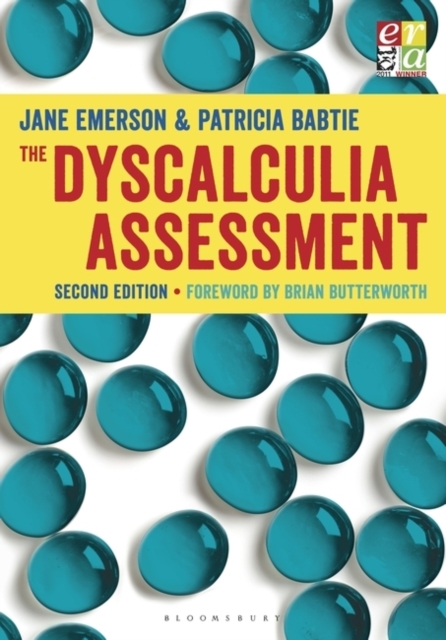
The Dyscalculia Assessment : A practical guide for teachers PDF
by Emerson Jane Emerson, Babtie Patricia Babtie
Description
The Dyscalculia Assessment is a tool for investigating pupils' numeracy abilities. It is designed to inform a personalised teaching programme for individuals or small groups of pupils who have difficulties with numbers. The assessment was devised at Emerson House, a specialist centre in London supporting pupils with difficulties in numeracy and literacy. The bestselling first edition of the book, written by Jane Emerson and Patricia Babtie, was the winner of the ERA Best Special Educational Needs Resource 2011.
This fully revised and updated second edition features a brand new design, making the step-by-step assessment even easier to navigate and use, wither by SENCOs or those with no specific special needs training, The suggested script for each stage of the investigation that runs alongside the photocopiable assessment sheets, make this book an extremely user-friendly, accessible teaching and learning resource.
This book also includes:
- an introduction to dyscalculia and co-occuring conditions
- guidance on how to conduct the assessment, including tips on behaviours to look out for
- information on the equipment you need and how to use it
- instructions on how to interpret the results of each stage of the assessment and how to produce a personalised teaching plan
- games and activities to engage the pupils and reinforce numeracy skills.
The Dyscalculia Assessment is ideal for use with primary school children, but can easily be adapted for older students, and is invaluable for SENCOs, TAs, educational psychologists and mainstream teachers keen to support students with numeracy difficulties in their class.
Information
-
Download - Immediately Available
- Format:PDF
- Pages:208 pages
- Publisher:Bloomsbury Publishing
- Publication Date:08/12/2014
- Category:
- ISBN:9781472921000
Information
-
Download - Immediately Available
- Format:PDF
- Pages:208 pages
- Publisher:Bloomsbury Publishing
- Publication Date:08/12/2014
- Category:
- ISBN:9781472921000






